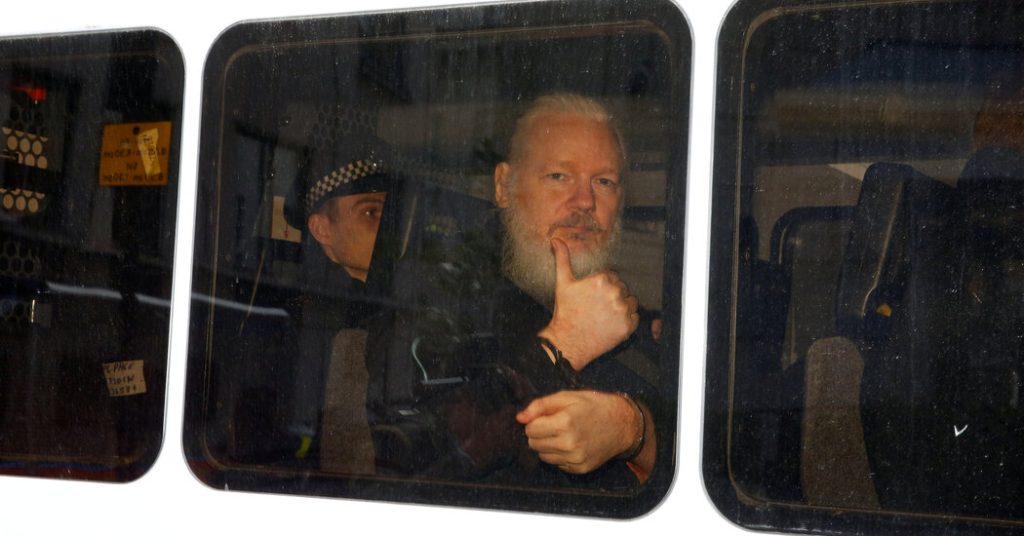The plea deal reached by Julian Assange, the founder of WikiLeaks, with prosecutors, has raised concerns about its potential impact on American press freedoms. The deal allows Assange to walk free after pleading guilty to one charge of violating the Espionage Act. This outcome highlights an ambiguous end to a legal battle that has implications for the ability of journalists to report on sensitive information. The agreement sets a precedent in American history by treating the gathering and publication of government secrets as a crime for the first time. This decision may have a chilling effect on national security journalists, impacting their ability to investigate and report on critical issues.
Despite the concerns over the impact on press freedoms, the plea deal also avoided a larger threat. By agreeing to the deal, Assange prevented a potential Supreme Court ruling that could have further restricted press freedoms under the First Amendment. While the outcome casts a shadow over press freedom, it does not establish a legal precedent criminalizing journalistic activities as severely as a judicial ruling would have. This nuanced outcome, according to experts, can be seen as neither entirely negative nor entirely positive for press freedom.
The case against Assange has sparked debate over whether he should be considered a journalist and whether his actions qualify as protected under the First Amendment. While Assange’s actions during the 2016 election have been controversial, the charges against him are related to earlier publications that exposed government abuses and fueled public debate. The charge of conspiring to violate the Espionage Act centers on Assange’s collaboration with Chelsea Manning to publish national-security files, despite not having the required security clearance.
The Justice Department’s decision to pursue charges against Assange for publishing national-security information marks a significant shift in its approach to prosecuting leaks. While government officials who leak classified information have faced charges, the prosecution of non-government individuals for journalistic acts is unprecedented. The case against Assange raises concerns about potential limitations on the free flow of information and its implications for democracy. The government’s pursuit of Assange as an example may deter national security journalists from reporting on sensitive issues out of fear of prosecution.
The Biden administration’s continuation of the case against Assange underscores the government’s commitment to pursuing charges related to the publication of sensitive information. While the plea agreement resolved the case, it also solidified an Espionage Act conviction, setting a precedent that could impact future cases involving journalists and whistleblowers. Despite the complex implications for press freedoms, the outcome of the case highlights the delicate balance between national security interests and First Amendment protections. The responsibility for potential limitations on press freedom is attributed to officials from both the Trump and Biden administrations, who have pursued charges against Assange for his journalistic activities.


